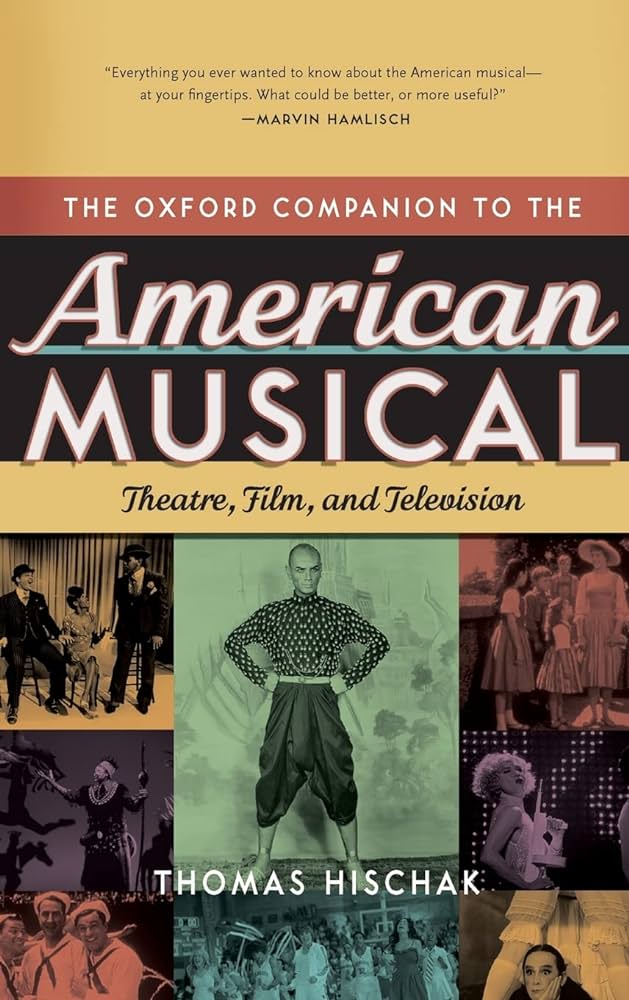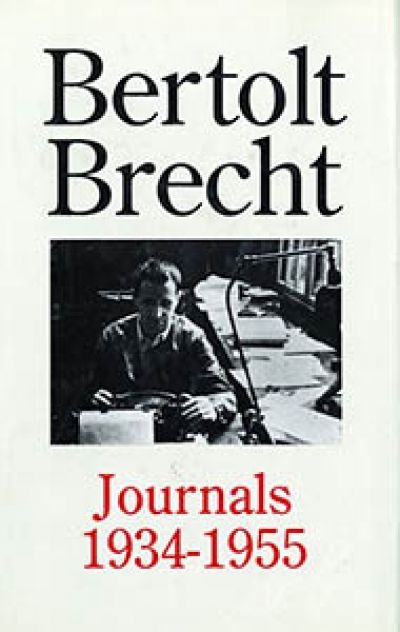Theatre
I hesitated before deciding to see Summer of the Seventeenth Doll at La Boite in Brisbane this year. Revivals, even under ideal circumstances, can be chancy. The author, Ray Lawler, had reservations about the presentation of his signature work in the round, and so did I. More than fifty years had passed since he wrote it and since I saw it performed behind a conventional proscenium arch in Brisbane, with Lawler himself playing Barney. A story about manual cane-cutters would seem to my children as remote in time and place as one about stokers on a steamboat would have to me, when I first saw the play. Then, there were few, if any, mechanical cane harvesters. There was still plenty of work for rural, manual workers. These were hard, strong men who bankrolled themselves in the season in order to take their leisure afterwards in the big smoke: not just cane-cutters but also shearers, drovers, fencers, fruit pickers and contract miners in Mount Isa and Kalgoorlie and Broken Hill and other distant places.
... (read more)The Oxford Companion to the American Musical: Theatre, film and television edited by Thomas Hischak
With 827 pages of entries on individual performers, shows, composers, lyricists, directors and choreographers, together with almost another hundred pages of appendices covering the chronology of musicals, guides to recordings and awards, a bibliography and an index, this compilation is an impressive volume to appear under the name of a sole author. Thomas Hischak has already published more than a dozen works on various aspects of the American musical, and the present study is as comprehensive and many-sided as the genre itself.
... (read more)Be warned: what follows is in the nature of a rave. It’s not often one is tempted to weep with gratitude for how the theatre has brought a play to such magisterial life that one can’t imagine ever wanting to see it again – let alone supposing it could be done better. If you’re tired of over-smart productions doing vulgar, opportunistic things with great plays, then Ariette Taylor’s recent production of Chekhov’s Ivanov at fortyfivedownstairs (that’s 45 Flinders Lane) was the place to be. It was an occasion of unalloyed joy and celebration.
... (read more)A review of Hannie Rayson’s Two Brothers, first performed by the Melbourne Theatre Company in April 2005. The Sydney Theatre Company is presenting the same production at the Drama Theatre, Sydney Opera House, until July 2. It then moves to Canberra’s Playhouse (July 14 to 23).
Not so long ago, Melbourne theatre-goers would say of Sydney audiences, ‘If it moves, they’ll clap it.’ These days, it would seem, Melbourne is the new Sydney. No snobbish snipes at the northerners’ perceived lack of sophistication will wash any longer; such parochial bigotries have been found out. No extensive cultural investigation was required to expose the hypocrisy. A visit to the Melbourne Theatre Company’s recent production of Hannie Rayson’s latest play, Two Brothers, would do. As dud joke followed dud joke, the evidence mounted. As one preposterous scenario begat another in a genre-jumble of farce (though not intended to be farce, I fear) and political thriller (or lame attempt at it), Sydney took on a cultural loftiness I’d never noticed before – and I grew up there and admit to lowbrow parentage. When, at the end of Two Brothers, the audience cheered and applauded, there could be no doubt: the play moved, and they clapped it.
... (read more)Patrick White had rather more success than Henry James with his plays – though that is not saying much. James’s attempt in the 1890s to conquer the London stage was a theatrical and personal disaster, but has, remarkably, provoked two recent novels, Colm Tóibín’s The Master and David Lodge’s Author, Author. The plays were no great loss, and it was to our ultimate benefit that James returned his creative energy to the novel.
... (read more)Bertolt Brecht: Journals 1934–1955 edited by John Willett, translated by Hugh Rorrison
Bertolt Brecht’s poem, ‘To those born later’, contains the following line: ‘For we went, changing countries oftener than our shoes.’ The publication of this translation of Brecht’s Journals 1934-1955 (written in an e.e. cummings-style lower case throughout) provides an abundant fleshing out of that line, giving a detailed sense of what it meant to Brecht to be an artist in exile, denied the comforts of his culture and language, denied the possibility of seeing the plays he was writing rehearsed or run-through, a process he always regarded as the final stage of writing: ‘all the plays that have not been produced have something or other missing. no play can have the finishing touches put to it without being tried out in production.’
... (read more)


